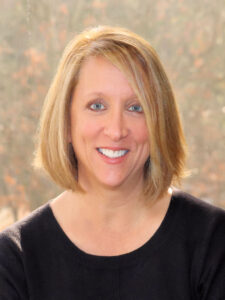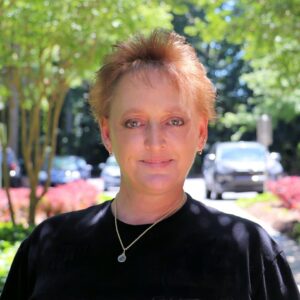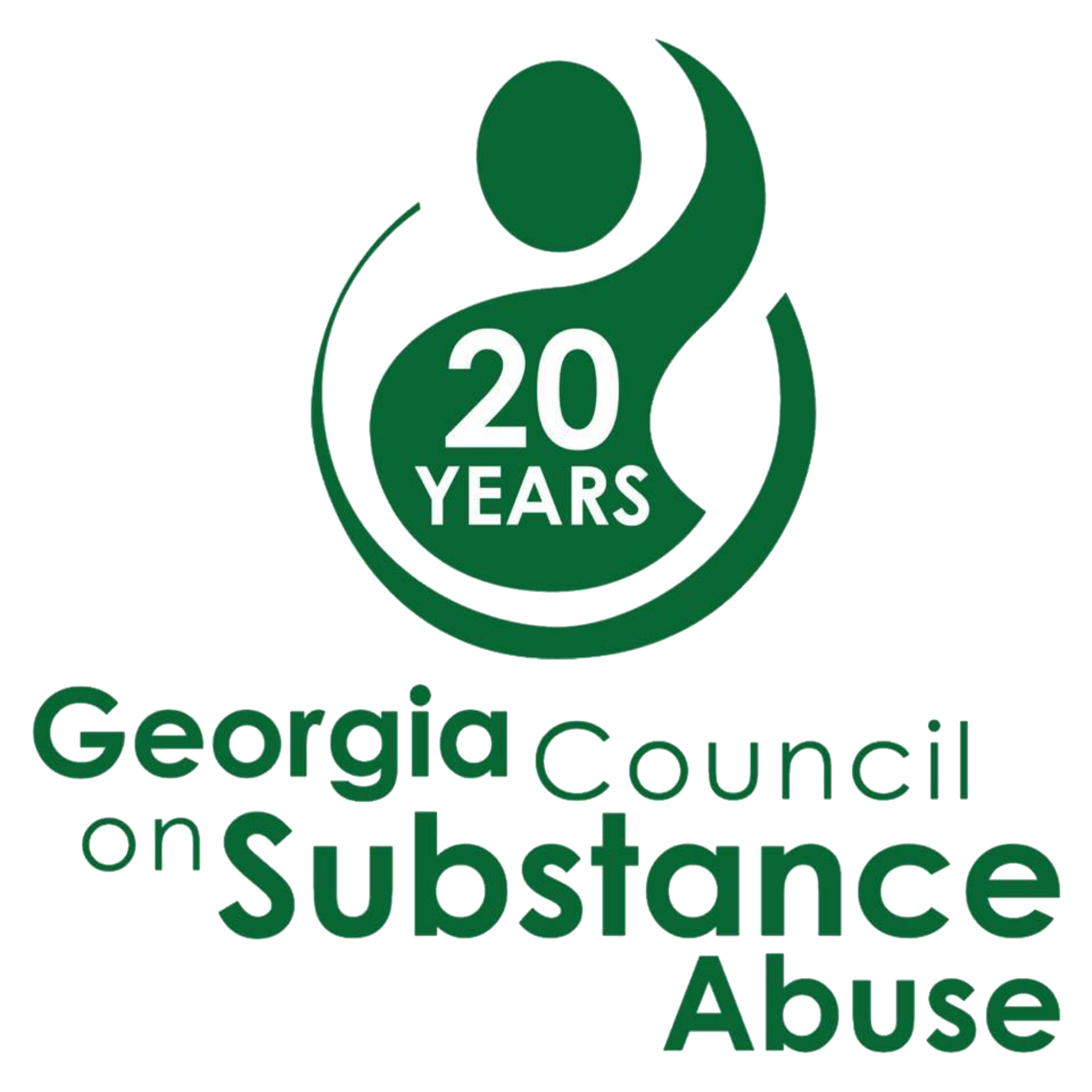By Neil Campbell, Dawn Mullinax, & Georgia Council on Substance Abuse coaches
Did you know that more than 75 percent of drug overdose deaths in 2020 involved opioids ? And nearly two-thirds involved fentanyl — a synthetic opioid used as a painkiller that’s up to 50 times more powerful than heroin.
? And nearly two-thirds involved fentanyl — a synthetic opioid used as a painkiller that’s up to 50 times more powerful than heroin.
According to the Centers for Disease Control and Prevention, fentanyl overdose is the leading cause of death among Americans aged 18 to 45. That’s ahead of suicide, COVID-19 and car accidents. These numbers outline the problem in a stark way. But we are in a unique position to fill in the picture and to outline a solution.
We are individuals with lived recovery experience who have our own stories of struggle and triumph. We are Certified Addiction Recovery Empowerment Specialists (CARES). Through our work as CARES peer recovery coaches, we connect with people in four rural hospital emergency rooms and assist them in what may be the most vulnerable time of their lives. We have been doing this since 2017 and have seen many successes. We have also noticed things that could be better.
The presence of peer recovery coaches to meet people with substance use issues in hospital emergency departments has been groundbreaking. We are working alongside hospital staff who welcome our input and let us know we belong there. With our presence, the medical staff are able to concentrate on addressing the urgent physical problems that brought an individual into the emergency department (ED) while we approach them with compassion and hope. We have the opportunity to speak with individuals about how perhaps this is a time to try something different. We connect people coming to the ED with resources in the community so they can receive ongoing support after leaving the hospital. We are able to distribute the lifesaving drug, naloxone, to individuals and families who ask for it. And we are convinced this has saved lives.
 The presence of peer recovery coaches in these four rural hospitals sparked interest for the hospital pharmacist to start a naloxone program for individuals that were at high risk of having an overdose. This program prescribes a naloxone kit upon hospital discharge. Additionally, last year the hospital started a medication-assisted treatment induction program where an interested individual is given the medication buprenorphine to aid in their recovery from opiate use. The individual can start the medication in the ED and receive ongoing community-based support. Recovery coaches collaborate with the hospital staff to support individuals as they return to the community and begin their recovery process.
The presence of peer recovery coaches in these four rural hospitals sparked interest for the hospital pharmacist to start a naloxone program for individuals that were at high risk of having an overdose. This program prescribes a naloxone kit upon hospital discharge. Additionally, last year the hospital started a medication-assisted treatment induction program where an interested individual is given the medication buprenorphine to aid in their recovery from opiate use. The individual can start the medication in the ED and receive ongoing community-based support. Recovery coaches collaborate with the hospital staff to support individuals as they return to the community and begin their recovery process.
Even with all of these resources, it’s hard not to feel that we are losing ground. So, what could be better? Having access to sober living homes and recovery residences to provide diverse treatment, quickly and without stringent criteria. This resource is especially needed for those individuals with physical, social, and environmental factors that do not support a recovery lifestyle.
Every time there is an overdose, testing for fentanyl should be added to the already-implemented urine/blood drug screen to identify the substance the individual has taken. This will not only provide accurate data for understanding the exact cause of the overdose but would allow for the patient to understand what exactly they ingested.
Expanding naloxone training to more departments and communities will help save lives. Training for emergency services on how to respond to people experiencing substance use, overdose or crisis would also be helpful to both the person being assisted as well as the emergency personnel. We recently encountered a patient who was given a drink to try, they took a sip, had an overdose and woke up in the hospital. What they didn’t know is the person who gave them the drink finished the drink by gulping it down and did not survive.
Due to the increase in fentanyl in all types of substances, many of the people we see in these hospitals are unaware of what caused them to overdose, so giving them information about fentanyl will help them make more informed decisions about their use and recovery. We see many individuals who do not believe they have a substance use disorder, and we are not in the business of determining that for them. However, we are available to help them find the resources they need to recover in whichever way they determine is right for them.
When there is an overdose, it affects the entire community. Our team knows that the opposite of addiction is human connection, and that recovery happens in communities where people can access the services and support that help them. So we will continue to serve the patients and families we encounter in our rural communities, and will always offer kindness, compassion, and hope.
The authors are Neil Campbell, Dawn Mullinax and several Georgia Council on Substance Abuse coaches.

